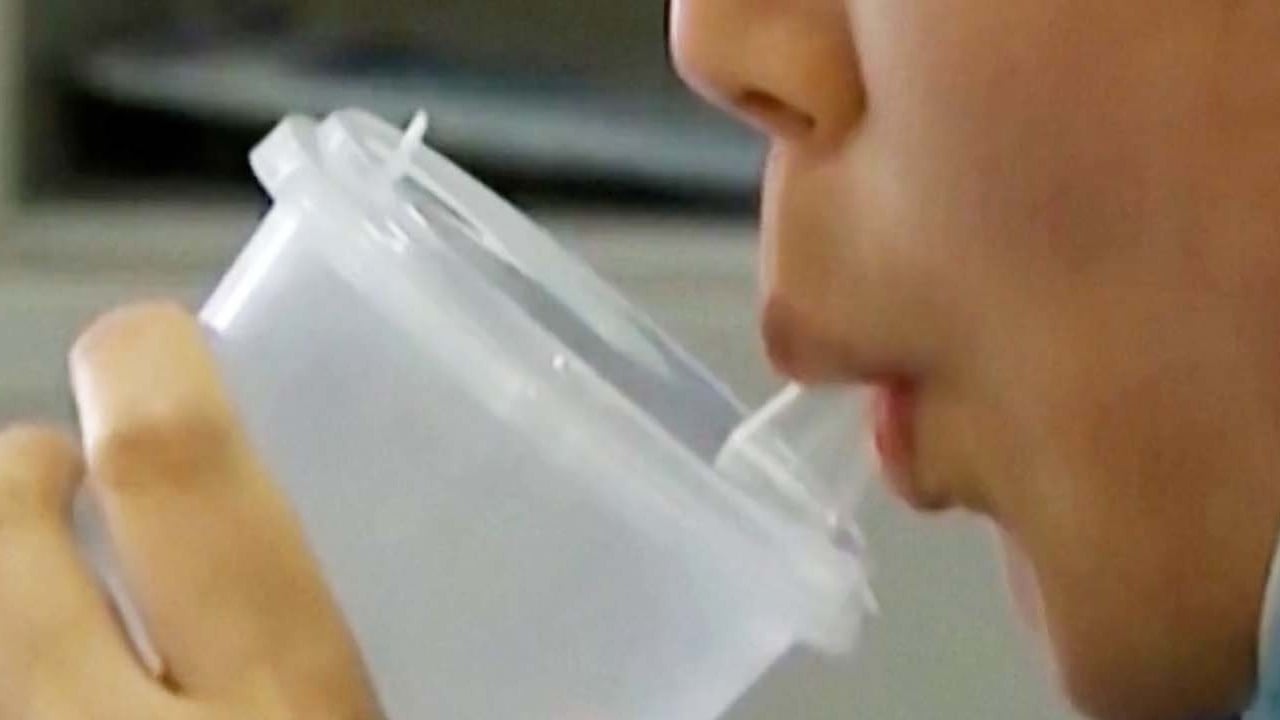
While local cadres are given wide leeway as to how they generate economic growth, they are sometimes assigned political tasks that must be strictly implemented. Before China belatedly changed course to boost the birth rate, the one-child policy was one such measure whose enforcement took utmost priority. Many cadres have understood their role in the zero-Covid policy similarly: for such paramount political tasks, achieving outcomes takes precedence over all else.
Another outcome of China’s decentralisation is the minimisation of bad news that has to be broken to the higher-ups, a practice which may lead to manipulation or fabrication. Back in early 2020, as Covid-19 spread in a Wuhan that was in the midst of the local and provincial “two sessions”, the motivation was to control the problem locally rather than report it transparently.
Similar dynamics might also have been at play in the case of the fatal fire in Urumqi, where the municipal government partly blamed the victims for failing to save themselves, instead of being fully accountable for how its pandemic containment measures could have compromised fire safety.
The all-consuming tasks of mass testing and lockdowns also distracted local governments from the more important work of vaccinating the elderly and upgrading medical facilities. Without a clear mandate from the central government, local governments were also risk-adverse in pushing vaccine mandates.
As China continues to ease draconian Covid-19 controls, there could be millions of new coronavirus cases during the coming winter months. Unless more of China’s seniors are effectively protected, models predict that hundreds of thousands of deaths, if not more, will ensue.
Beijing has now correctly made senior vaccination a top priority. As Chinese vaccines are known to be less effective, three doses are needed to provide adequate protection. While more than 90 per cent of China’s population have received some form of vaccination, only 57 per cent have received three jabs. Beijing’s goal is to bring this figure to 90 per cent in the next two months. This booster drive is being helped by the introduction of nasal spray vaccines.
Among those aged 80 and above in China, 66 per cent have been administered two doses while only 40 per cent have received booster shots. The top priority is perhaps to give a third dose to the double-jabbed.
Here, the greatest challenge is to overcome the resistance among the 23.4 per cent of the over-80s who have yet to receive any vaccination. These 8 million unvaccinated seniors have effectively been holding the entire population of 1.4 billion hostage. Beijing aims to bring 23.4 per cent to below 10 per cent by the end of January.
However, such lofty vaccination goals will not be reached unless local governments are incentivised the right way.
First, there should be targets of three-dose vaccination rates by Lunar New Year: say, 60 per cent for the over-80s and 80 per cent for the general population. In addition, a minimum level for administering the first shot to the over-80s could be set, at 80 per cent, for example – just a little higher than the current rate of 76.6 per cent. These realistic targets, representing a floor, are political goals that must be strictly implemented.
The regions which fall far below the national averages may be given a bit more time to catch up, but they should be placed by on a watch list for swift rectification.
Instead of gross domestic product growth, Beijing can make three-dose vaccination rates a key measure of cadre performance until 2023. In fact, this should be seen as a leading indicator of economic growth, as a high three-dose vaccination rates will provide a solid foundation for China’s economic reopening.
In addition to quantitative measures, Beijing could recognise and reward local cadres for successful policy innovations in increasing vaccination, particularly among the elderly.
The mainland’s vaccine drive has been hampered by the lack of a Hong Kong-style mandate (which requires vaccination for entry to certain venues), let alone compulsory measures.
Local attempts to push vaccine mandates were sometimes stopped for fear of social resistance. Instead, Beijing should consider building on the success of local experiments and rolling out a proven scheme on a national scale next year.
As China continues to ease Covid-19 restrictions, infections are likely to surge early next year. The time window to protect the elderly is tight. Beijing must effectively mobilise all levels of administrative hierarchy to swiftly maximise vaccination and rejuvenate the economy.
Winston Mok, a private investor, was previously a private equity investor



